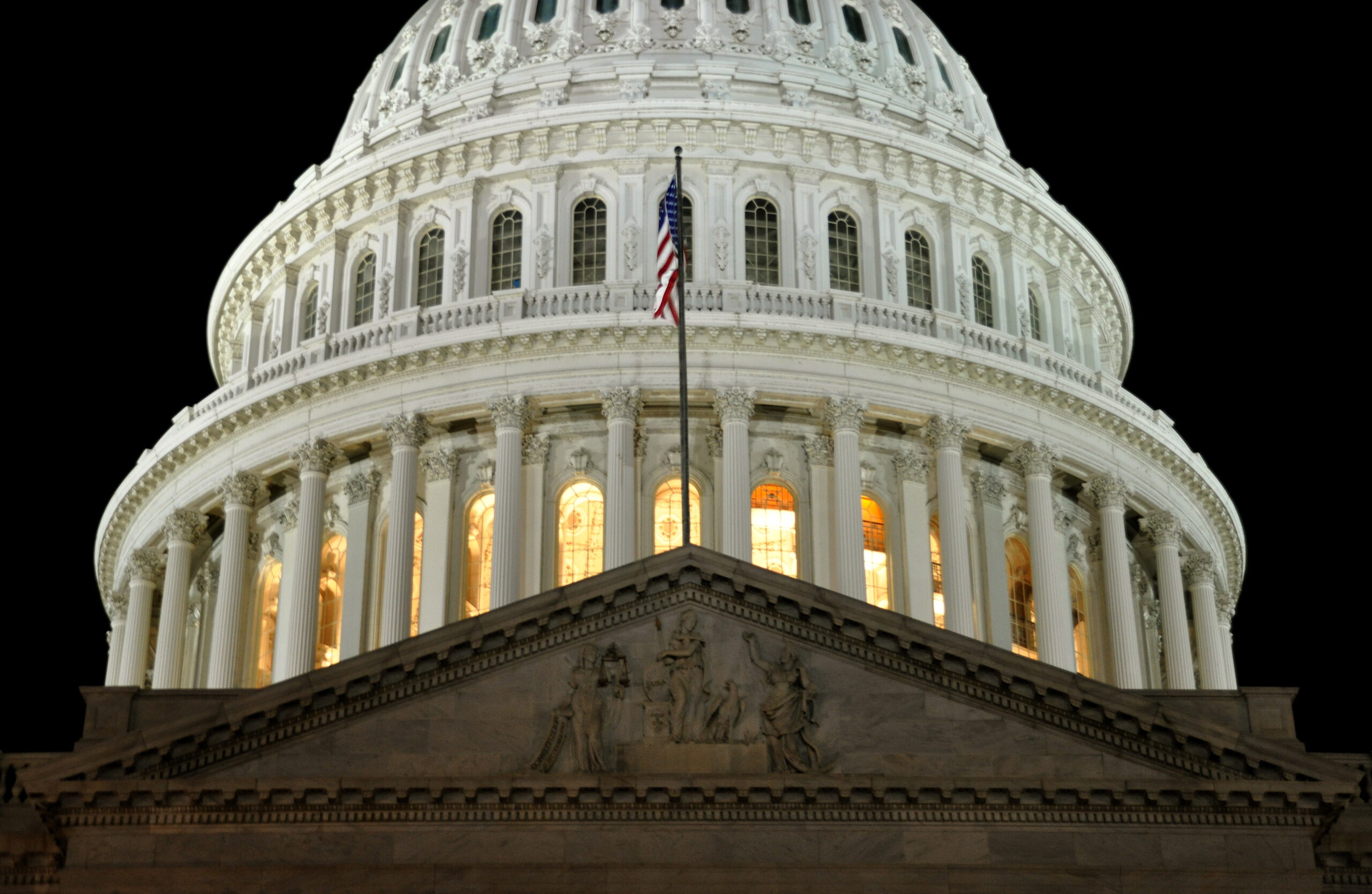In a new article in The Conversation, Political Science Professor Roy Meyers writes that President Obama’s final budget proposal highlights the growing divide between political parties and shines a light on recent efforts at budget reform.
The article “Obama may be a lame duck, but his final budget isn’t,” examines why Americans should explore the budget process and what is actually behind the president’s proposals. Meyers reinforces that compromise is essential for government budgeting because the executive and legislative branches share power in the budget process.
“The Constitution grants the legislative branch the “power of the purse”; thus, Congress’ assent is necessary to change most spending priorities,” adding “in the end, the president has a veto over appropriation bills, and can insist that executive priorities be included in those bills along with the legislature’s priorities,” Meyers writes.
Looking more closely at areas of disagreement between the two parties, highlighted by the 2013 government shutdown, Meyers notes that a bipartisan effort to reform the budget process is becoming increasingly important.
“To be successful, reforms will have to restore norms of good budgeting, including that the two branches take each other seriously. While the odds are still long, it is possible that over the next year or two a major reform package will be developed that will be acceptable to both parties.”
Read the full article in The Conversation.
Image: U.S. Capitol. Photo by Kevin Burkett, CC by-SA 2.0.
Tags: CAHSS, PoliticalScience, PublicPolicy




